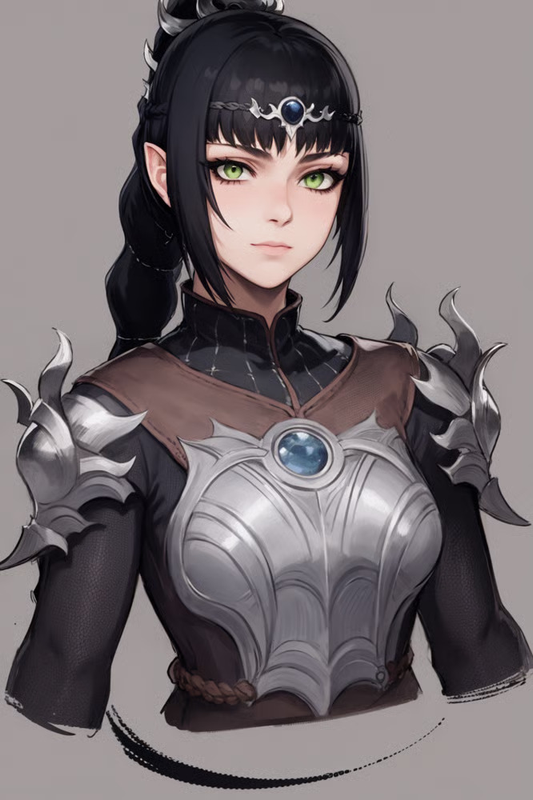You are recounting the facts correctly, but what is your point? What you recount confirms what I said: same as BG and BG2 back in the day, same as Witcher 3 in 2015, same as Crusader Kings II, BG3 succeeds on the back of two main advantages: more accessible than before, higher production values.
DAO: Inquisition and Mass Effect had much much more production values than prequels and much more accessible, with heavy marketing. It didn't save them. Production values alone cannot make a good game - studio team is what matters. Owlcat managed to make Pathfinder into a decent RPG with meager resources but a ddgood creative team.
There has to be something solid to start with that you then make more accessible and as you continue down that road eventually that solidity disappears and accessibility is all that remains. No one seems to be able to strike that balance.
I think accessibility is key when it comes to normies but i agree you also need a decently substantial base to start with, which both BG1/2 had, and BG3 may or may not have (i'll find out as i go along i guess).
Accesssibility also comes in many forms. I think Torment was more accessible than Pillars of Eternity despite the fact both games were too overburderning for the average normie on account of their attempt at "deconstructing" the standard fantasy tropes normies tend to gravitate to (normies in general want an easy going escapism, they don't want to be "challenged" or be forced to step out of their comfort zones) because while Pillars was dry and prosaic, Torment was poetic and thus easier to absorb and come to terms with.
Ultimately, i think the fallacy the industry seems to be running on is that they think that because normies want stuff that is easy going and untroubling or unstressful (which means "standard" fantasy settings will always be more popular than alternative ones), they are automatically assumed to be completely braindead, which is not necessarely the case. I think normies can also recognize good design when they see it. In this sense, "production values" that are purely in the service of the presentation can often miss the mark. Blizzard of old had high production values that were in the service of accessibility. The gameplay in their games was more fluid and intuitive than the competition, their systems were easy and immediate to get into despite being difficult to master in the long run, which i'm sure helped a great deal in making their games so massively popular.
Of course, i'm sure the industry people will not learn shit by the success of this game and will continue with their old assumptions, that isometric games don't work, that turn based combat doesn't sell, that the less substance a game has, the easier it is to get into and so forth. I fully predict BG3 will make no actual impact and AAA gaming companies will continue to produce their worthless slop.






























